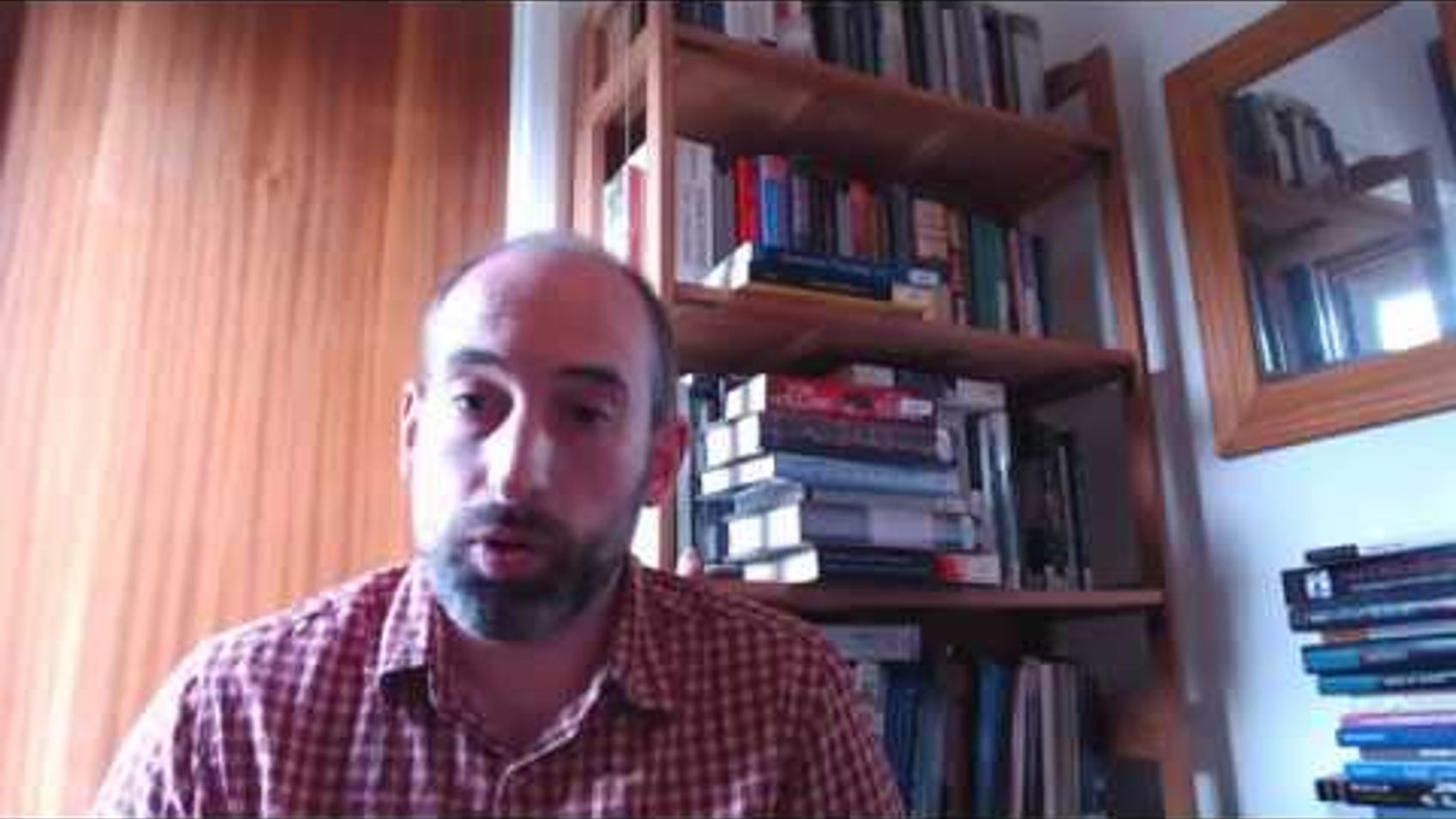Q&A#27 What Does it Mean to Call Marriage a Natural Institution?

Today's question: "If marriage is a pre-political institution then none of the measures laid down by the state (e.g. registration, marriage certificates etc.) make a marriage legitimate in God's eyes. In which case, what does constitute a legitimate marriage in God's eyes? One answer I've been given, based on Genesis 1-2, is something along the lines of: a man and a woman who make promises to each other before God and some witnesses. What are you thoughts on this, and which passage(s) would you use to make your case?"
If you have any questions, you can leave them on my Curious Cat account: https://curiouscat.me/zugzwanged.
If you have enjoyed these videos, please tell your friends and consider supporting me on Patreon: https://www.patreon.com/zugzwanged.
My new Soundcloud account is here: https://soundcloud.com/alastairadversaria. You can also listen to the audio of these episodes on iTunes: https://itunes.apple.com/gb/podcast/alastairs-adversaria/id1416351035?mt=2.
More From Alastair Roberts
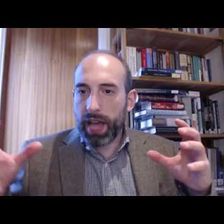
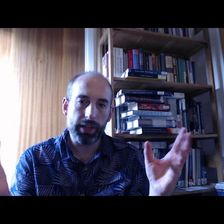
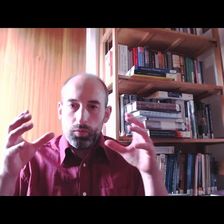
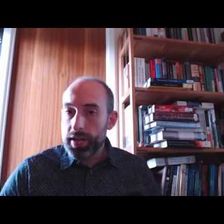
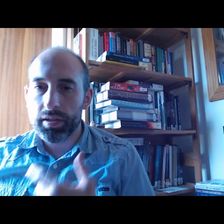

More on OpenTheo















